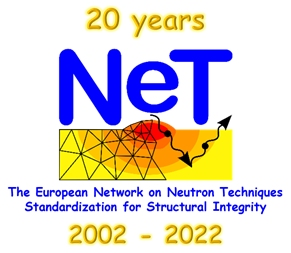Speaker
Description
Manufacturing processes results in residual stresses that can be high enough to plastically deform the material. The superposition of residual stresses to those resulting from external loadings can not only contribute to premature failure of structural components, but also affect the driving force for crack initiation and propagation.
In the last year, crack problems have been reported in the nuclear industry, resulting from the association of residual stresses with corrosive environments, high temperatures, internal pressure, and so on. Understanding the physical mechanisms related to the presence of these cracks and developing robust models for its prediction are major challenges of the research carried out at the Energy Division (DES) of CEA.
In this context, the welded joints of structural materials are of high interest as they present mechanical and microstructural discontinuities within the structural material due the successive torch passes during the welding process. Instrumented experimental tests and numerical simulation studies have therefore been carried out in order to master welding processes, in order to better understand their effects on different materials.
In relation with the NeT activites, these studies allows:
• validating numerical welding models (finite element code Cast3M) in respect to experimental measurements and observations (residual stress, plastic strain, temperature, microstructure and so on);
• improving the existing material property databases and discussing on suitable constitutive material behavior for welding simulations;
• obtaining a better knowledge on residual stress profiles and on their effect on crack triggering.

